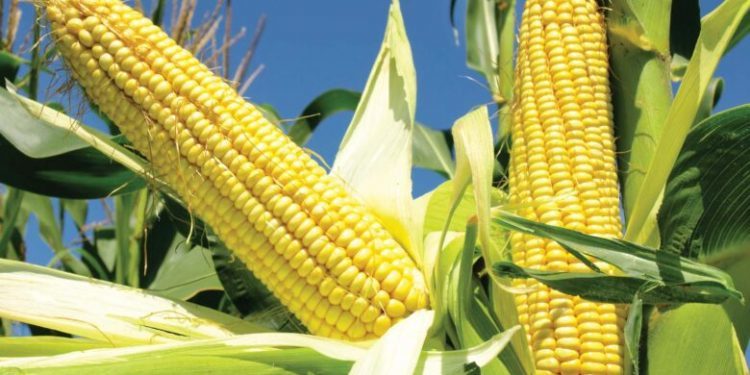Kenya has begun importing maize to address a biting shortage that has left 3.1 million people in arid and semi-arid lands without enough food.
Most of the maize consignment is coming through the border of Busia, as the country combs for the little duty-free, non-GMO (genetically modified organism) maize still available in Uganda.
For Namanga, five trucks came in on Thursday and only two by Friday evening. The reduced flow of the staple cereal through the border of Namanga is due to the decision by Tanzania, like many other countries, to restrict the export of staples in a bid to first satisfy the local demand.
South Africa, which is the only option, some experts say, left on the table for Kenya (unfortunately, produces mostly GMO), was also a source of some maize products in the first three months of the year.
Data from the South African tax authority shows that Kenya imported some 24,000 kilogrammes of maize flour from South Africa by sea. The flour, valued at around Sh1.1 million was mostly used to manufacture animal feeds.
Kenya expects to import up to 540,000 tonnes of maize this year, the highest since 2017 when the country had a major shortage that saw it cross the high seas to Mexico for this cereal.
A number of factors, including drought, expensive inputs such as fertiliser, and invasion of fall armyworms have combined to reduce the yield of maize which has in turn led to a spike in the price of this cereal.
Retail prices of a two-kilogramme packet of maize flour have been rising from an average of Sh126.3 in January to Sh147.6, data from the Kenya National Bureau of Statistics (KNBS) shows.
This has seen Kenya desperately hunt for the cereal from all corners of the world after the National Treasury issued a notice that waived the duty for importation of the cereal from outside of the East African Community.
However, even after the waiver, traders, are expected to only import 100 per cent non-GMO maize. Earlier, Agriculture CS Peter Munya stated that the imports of about 540,000 tonnes would be restricted to what is needed by those who would be licensed to avoid shipping in excessive stocks by unscrupulous traders.




